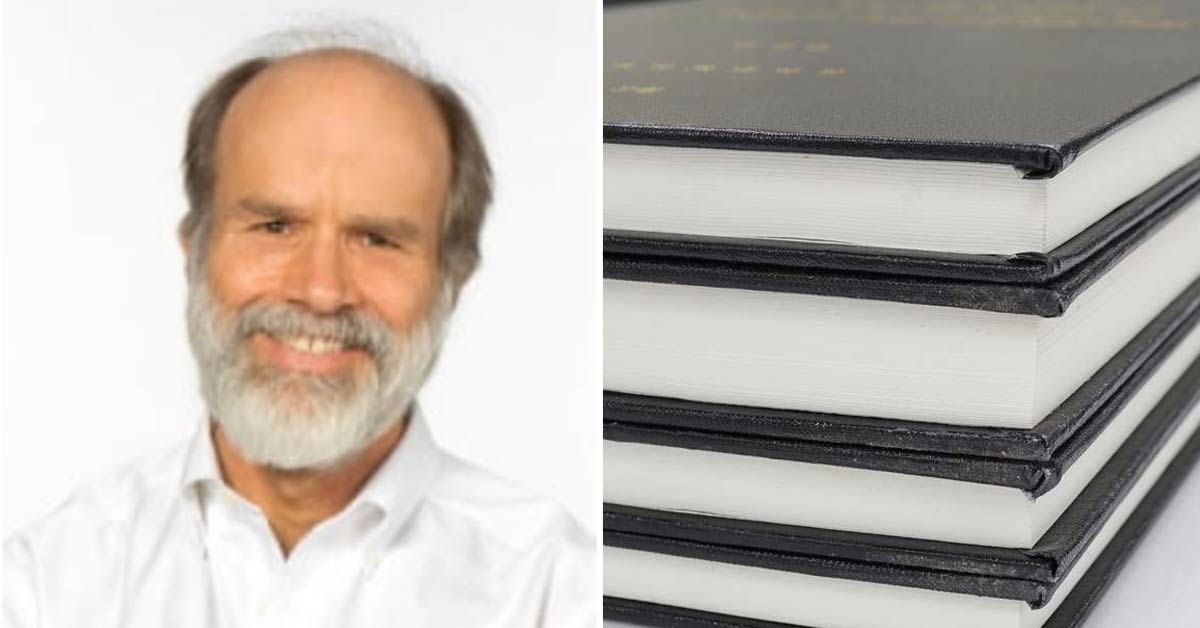“Koreans with educated and economic power have learned that it is easy to assimilate into Japanese society by leaving the Korean-Japanese society. Only the most vulnerable social groups maintain Korean nationality.”
–
Mark Ramseyer, professor of law at Harvard University. [사진 하버드대]
– It was confirmed on the 17th that Mark Ramsayer, a law school professor at Harvard University, who was excommunicated by the distortion of the damage of comfort women, distorted the massacre of Koreans in the Great Kanto Earthquake and even justified discrimination against Koreans in Japan.
In the paper’The Problems of Social Capital and Opportunistic Leadership: The Case of Koreans in Japan’ published by Professor Ramsey in October of last year, it is argued that it is to Koreans in Japan that Japanese discriminate against Koreans in Japan.
“Koreans in Japan, can’t add or subtract”
– In this paper, he said,’I can’t read, add and subtract the Koreans who went to Japan during the Japanese colonial era’,’I don’t make any effort to assimilate into Japanese society because I want to make money for several years and return to my hometown, Chosun. I had a conflict with him.’
“The Japanese landlords avoided the Korean tenants,” he said, saying that it was because the Koreans were unsanitary, ate a lot of alcohol, fight, and made loud noises.
He repeatedly cited arbitrary statistics on the high crime rate of Koreans in the 1920s among articles related to the Great Kanto Earthquake previously published, and then described the entire Korean population as a criminal group.
Professor Ramzier cited in his thesis the unfounded statistics from Mitsuhiro Suganuma’s book, The Republic of Korea by Yakuzawa Gisaeng, and described the entire Korean-Japanese society negatively. The content he quoted is that the number of criminals per 100,000 Japanese nationals at the time in 2015 was 63.6, but there were 608 per 100,000 Koreans in Japan.
“Koreans in Japan made themselves hostile”
– In addition, it was argued that the communist forces at the time of Jeju 4 and 3 in 1948 smuggled large numbers to Japan to escape the government’s oppression, and that they became the mainstream of the Korean-Japanese society. As communists became leaders of Koreans in Japan, they put a political agenda at the forefront of the Korean society, which led to a sense of hostility among the Japanese.
Regarding discrimination against Koreans in Japan, he said, “Koreans living in Japan made themselves more suspicious, hostile, and discriminated against.”
At the conclusion of the thesis, he wrote, “The history of Koreans living in Japan reminds me of the adage that’the greatest enemy of a group that cannot function properly is an internal leader’.”
Professor Ramzier is currently studying Japanese law at Harvard University and lectures on the advancement of human rights in Japan. It was hired with a fund raised by Japanese company Mitsubishi at Harvard University. On the university’s website, he introduced himself, saying,’I spent most of my childhood in Japan and studied Japanese history at graduate school’, and that’I received a scholarship from the University of Tokyo and lectured at various universities in Japan’. In 2018, he was awarded the’Wook-il Heavy Water Plant’ from the Japanese government.
Go Seokhyun [email protected]
–


